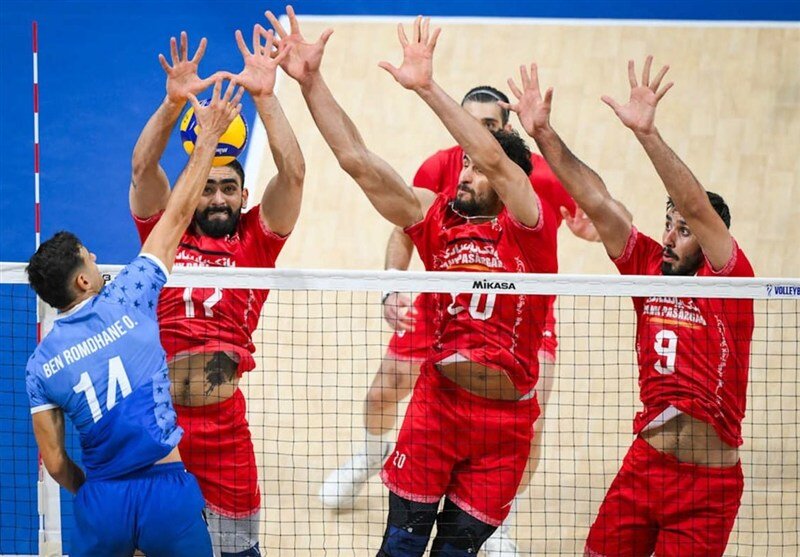Iran could make history at 2025 FIVB World Championship

TEHRAN - The 2025 FIVB Men’s Volleyball World Championship was poised to be a landmark event for Iran’s national team, with a promising squad and a favorable draw that many believed would pave the way for a historic medal.
However, the team’s journey ended unexpectedly in the quarterfinals after a 3-1 loss to the Czech Republic, leaving fans and analysts reflecting on what could have been.
Placed in a relatively easy group with Egypt, Tunisia, and the Philippines, Iran’s path to the later stages appeared straightforward. Yet, the team were taken by surprise in their opening match against Egypt, and a nervy win over the Philippines exposed early vulnerabilities. Despite a thrilling comeback against Serbia, one of Iran’s best performances of the tournament, the loss to the Czech Republic highlighted several persistent issues, particularly in mental fortitude and tactical execution.
One of the most significant critiques following Iran’s early exit was the team’s psychological resilience. As pointed out by Mahmoud Afshardoust, a former volleyball federation official, "Our team need to work on mental strength. As coach Piazza said after the game, this is an area where we must improve." The mental side of the game played a crucial role, especially when Iran failed to capitalize on important leads during the match against the Czech Republic, notably in the second set, a pivotal turning point. This lack of composure under pressure ultimately cost them the match.
While the players themselves must shoulder part of the blame, the role of the coaching staff has also come under scrutiny. Critics have pointed to coach Roberto Piazza’s in-game management, specifically his delayed substitutions, which may have contributed to the team’s inability to maintain momentum in high-stress moments.
Despite running a professional and structured training program, his tactical adjustments during critical phases were seen as inadequate. However, his overall vision and discipline indicate that with better support from the federation, Iran’s long-term prospects remain promising.
Despite the early exit, finishing among the top eight teams in the world is still a notable achievement on paper.
However, considering the favorable circumstances, many see this as a missed historic opportunity. Looking ahead, Iran’s future success depends on improving key aspects of their game, particularly defense, receiving, and mental preparation. As noted by Afshardoost, "We had a great chance, and a historic moment was within our reach, but unfortunately, it didn’t materialize."
If lessons are learned from this campaign and the necessary adjustments are made, the team can emerge stronger in future competitions.
Leave a Comment